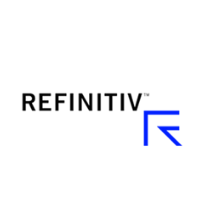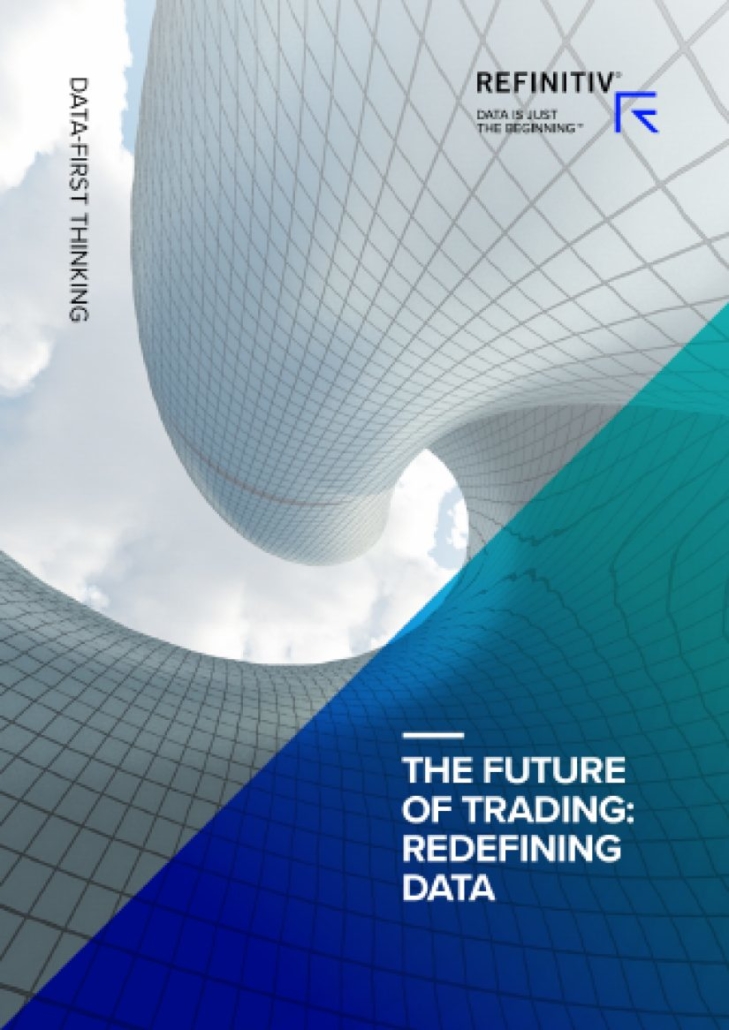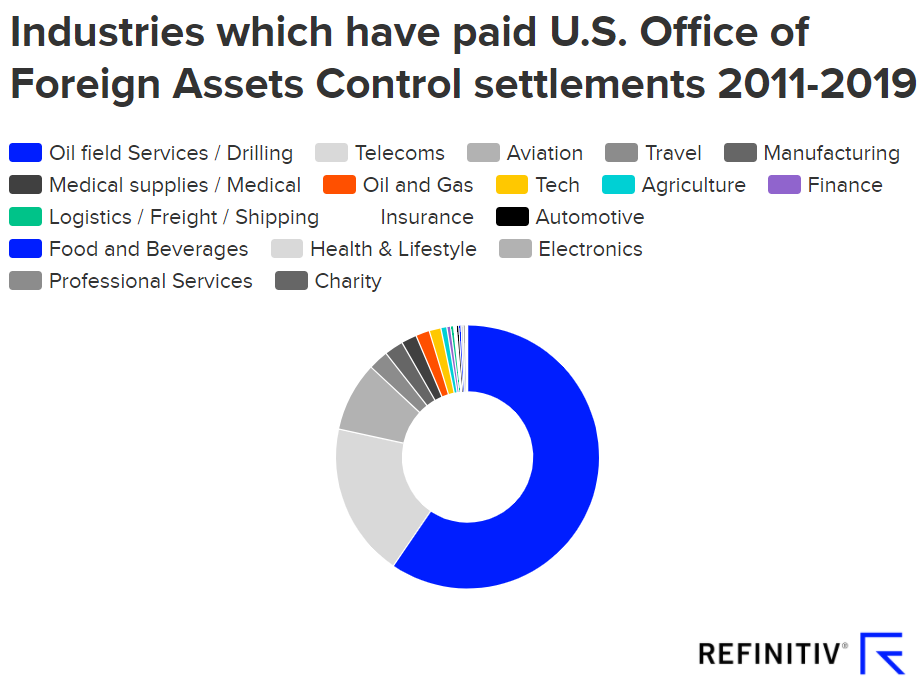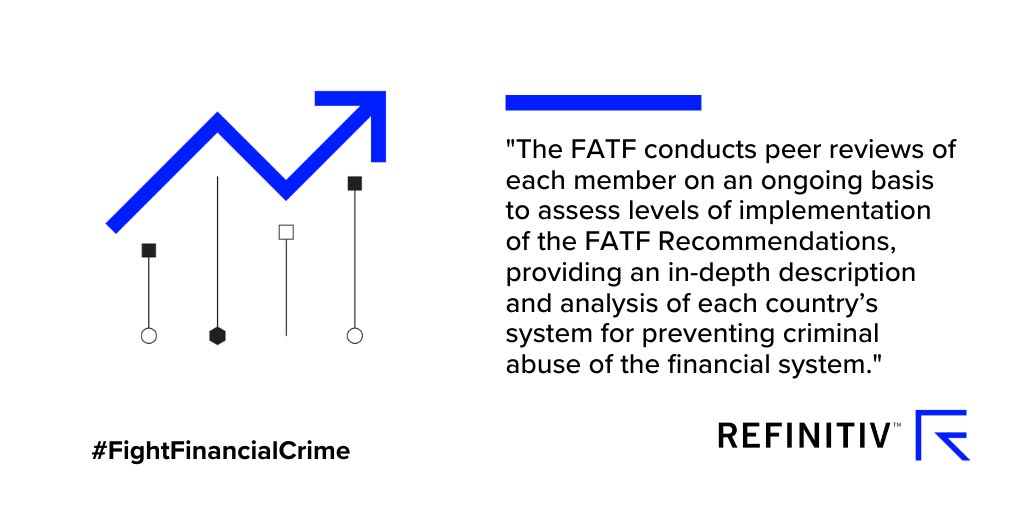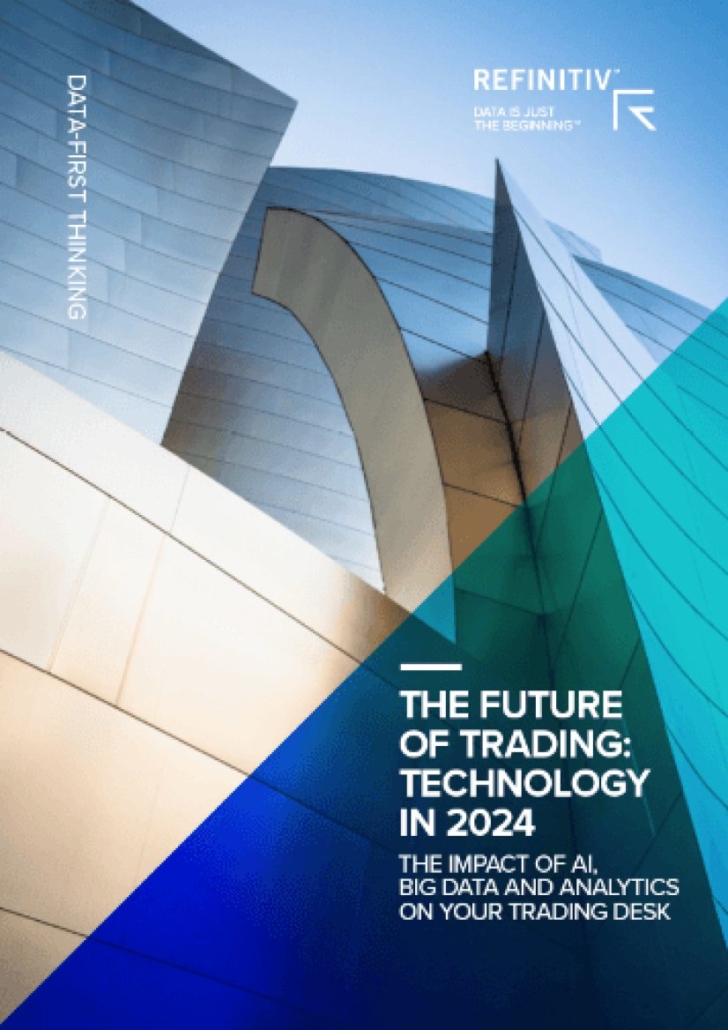| 27-8-2020 | treasuryXL | Refinitiv |
VENLO, The Netherlands, August 27, 2020 – treasuryXL, the community platform for everyone who is active in the world of treasury, and Refinitiv, one of the world’s largest providers of financial markets data and infrastructure today announced the signature of a premium partnership.

The collaboration aims at offering a continuous flow of treasury content, making treasury knowledge available. This collaboration includes:
- collaboration on messaging, content production, and visibility
- mutual distribution on select items of interest
- collaboration on larger themes: event promotion, speaking and experts contribution, publications
With this collaboration, treasuryXL and Refinitiv are striving to make sure that treasurers are always up to date with the latest news and events in their field.
According to Kendra Keydeniers, treasuryXL “We are very excited to welcome Refinitiv in our community. Refinitiv is one of the world’s largest providers of financial markets data and infrastructure, serving over 40,000 institutions in over 190 countries. Refinitiv will have a prominent role in the Treasury Topic environment with coverage in corporate finance, risk, cash management, working capital management & treasury software which is a considerable contribution to our ecosystem.”
About treasuryXL
treasuryXL started in 2016 as a community platform for everyone who is active in the world of treasury. Their extensive and highly qualified network consists out of experienced and aspiring treasurers. treasuryXL keeps their network updated with daily news, events and the latest treasury vacancies.
treasuryXL brings the treasury function to a higher level, both for the inner circle: corporate treasurers, bankers & consultants, as well as others that might benefit: CFO’s, business owners, other people from the CFO Team and educators.
treasuryXL offers:
- professionals the chance to publish their expertise, opinions, success stories, distribute these and stimulate dialogue.
- a labour market platform by creating an overview of vacancies, events and treasury education.
- a variety of consultancy services in collaboration with qualified treasurers.
- a broad network of highly valued partners and experts.
About Refinitiv
Refinitiv is one of the world’s largest providers of financial markets data and infrastructure, serving over 40,000 institutions in over 190 countries. It provides leading data and insights, trading platforms, and open data and technology platforms that connect a thriving global financial markets community driving performance in trading, investment, wealth management, regulatory compliance, market data management, enterprise risk and fighting financial crime.
For more information visit: www.refinitiv.com


